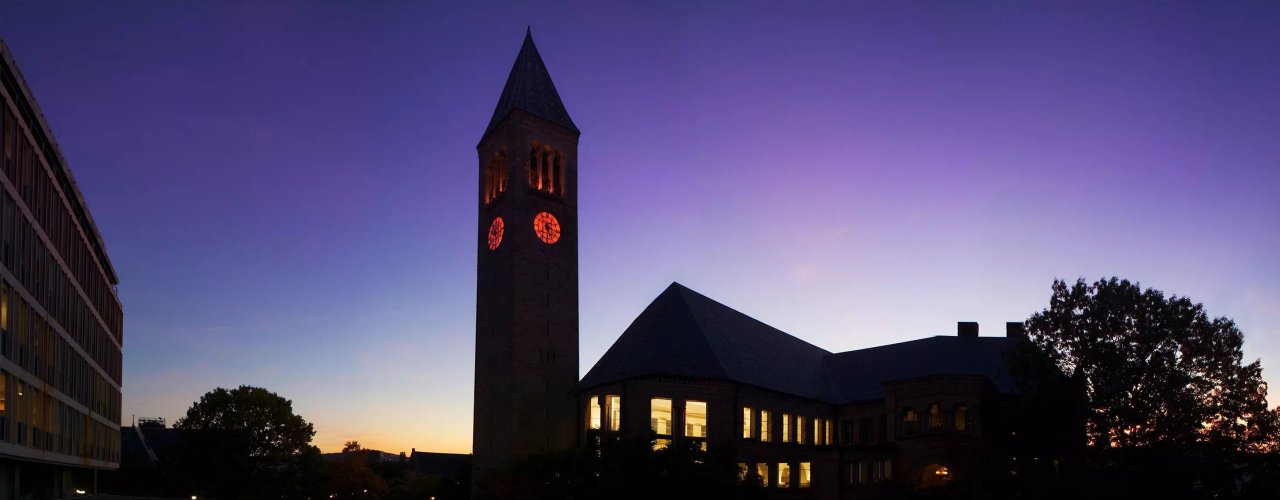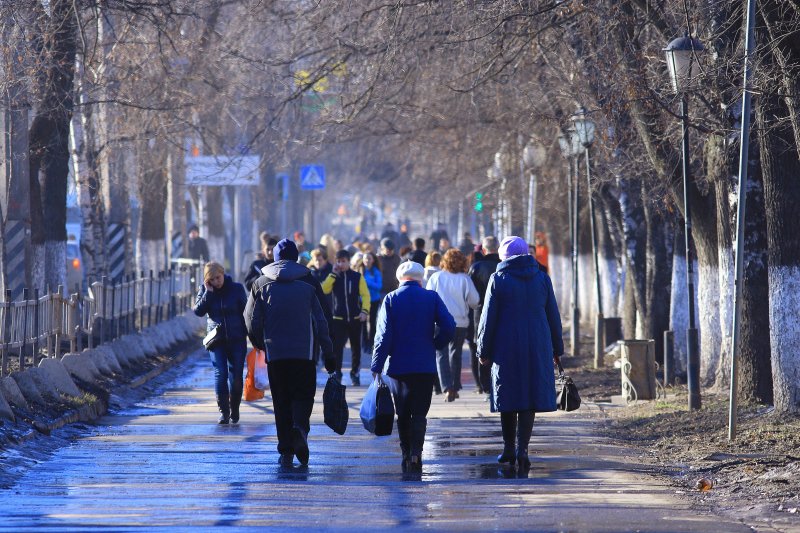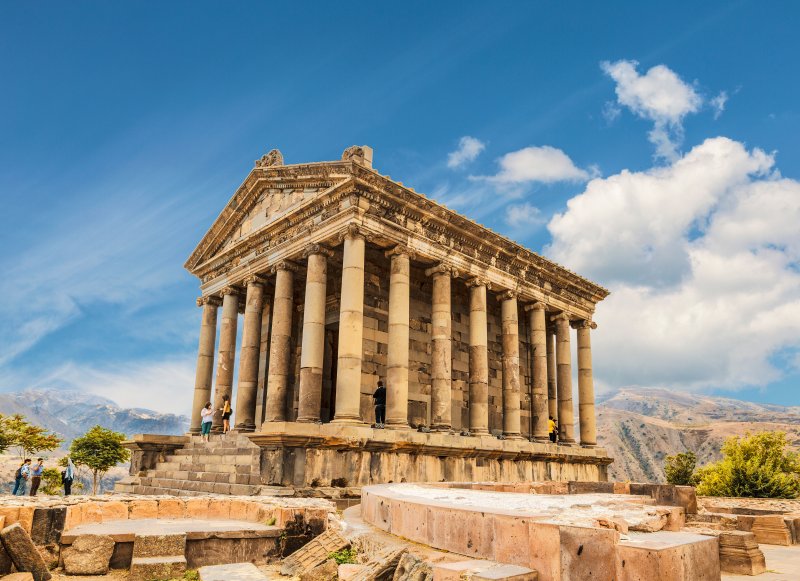International Research Improves Our Understanding of the World
Southeast Asia Expertise Strengthens U.S. Policy
Informing U.S. policymakers and the public about this strategically vital world region has been a goal of Cornell’s Southeast Asia Program since 1950. From George Kahin’s pioneering work on Indonesia and Vietnam to Benedict Anderson’s congressional testimony on East Timor, SEAP experts deliver insights into critical policy questions often overlooked by major media.
Indonesian culture, history, and international relations are the focus of SEAP’s paradigm-setting Cornell Modern Indonesia Project—with 70+ years of policy impact. Research on Muslim-majority Indonesia’s democratic transition by Tom Pepinsky (Cornell University College of Arts and Sciences, Cornell Brooks School of Public Policy) steered how the U.S. government engaged with the nation’s emerging political parties and civil society. Initiatives like the American Institute for Indonesian Studies, led by Eric Tagliacozzo (A&S), help U.S. policy actors make rapid, informed decisions.
Research teams at work on political ecology and bioacoustics at Cornell’s world-famous Lab of Ornithology promote conservation by learning Southeast Asian languages and regional contexts to advance their research.
Borrowing Paradise, a story of environmental hope set in Bali by Kaja McGowan (A&S), makes conservation approachable for young American readers.
Tracking Russian Public Opinion When We Need It Most
Cornell’s Russian Election Study—the world’s longest-running election study of an autocracy—has covered every national election cycle since 1995. Currently led by Bryn Rosenfeld (A&S), this longitudinal research provides unique insights into Russian public attitudes toward Putin’s government and the Ukraine war. It has informed U.S. State Department policy and established new standards for gathering wartime public opinion data—directly advancing U.S. national security interests.
Technology Defends Cultural Heritage
Adam Smith and Lori Khatchadourian (A&S) use satellite monitoring to protect endangered cultural monuments in the Armenia-Azerbaijan conflict zone. Caucasus Heritage Watch provides observational data to international organizations and the U.S. Department of State, so they can exert diplomatic pressure to deter attacks on heritage sites and focus attention on Azerbaijan’s human rights record.
International Research Helps Americans Age Better
The world’s population is aging and shrinking at the same time. What will more older adults mean for community planning, economic development, and public services? Mildred Warner (Cornell University College of Architecture, Art, and Planning) is working with colleagues in Latin America and Asia to survey different societal responses to aging and develop practical new models to share with AARP and policymakers in the United States.
Speaking Truth When Others Can't
Tamara Loos (A&S) provides critical analysis of the Thai monarchy that citizens of Thailand can’t safely express due to the regime’s severe legal restrictions. Her media interviews and political commentary inform worldwide debates about democratic freedoms in Southeast Asia and help U.S. policymakers and officials understand the abuses Thai political refugees seeking asylum face under the monarchy.
Next Up: Technology | Return to: International Research Matters for the United States










